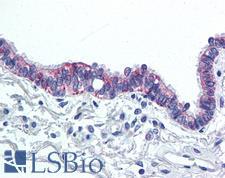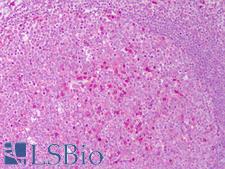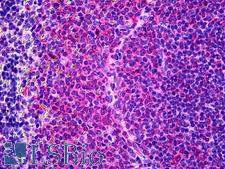Login
Registration enables users to use special features of this website, such as past
order histories, retained contact details for faster checkout, review submissions, and special promotions.
order histories, retained contact details for faster checkout, review submissions, and special promotions.
Forgot password?
Registration enables users to use special features of this website, such as past
order histories, retained contact details for faster checkout, review submissions, and special promotions.
order histories, retained contact details for faster checkout, review submissions, and special promotions.
Quick Order
Products
Antibodies
ELISA and Assay Kits
Research Areas
Infectious Disease
Resources
Purchasing
Reference Material
Contact Us
Location
Corporate Headquarters
Vector Laboratories, Inc.
6737 Mowry Ave
Newark, CA 94560
United States
Telephone Numbers
Customer Service: (800) 227-6666 / (650) 697-3600
Contact Us
Additional Contact Details
Login
Registration enables users to use special features of this website, such as past
order histories, retained contact details for faster checkout, review submissions, and special promotions.
order histories, retained contact details for faster checkout, review submissions, and special promotions.
Forgot password?
Registration enables users to use special features of this website, such as past
order histories, retained contact details for faster checkout, review submissions, and special promotions.
order histories, retained contact details for faster checkout, review submissions, and special promotions.
Quick Order
PathPlusTM IL6 / Interleukin 6 Antibodies
IL6 (Interleukin 6) is both an anti-inflammatory myokine and a pro-inflammatory cytokine involved in inflammation, the immune response and body temperature control. It functions in the inflammatory response to microbial pathogens in the innate immune system. IL6 is involved in regulating fever and it can cross the blood-brain barrier to change the temperature setpoint by activating PGE2 synthesis in the hypothalamus. It is also involved in osteoclast formation after being secreted by osteoblasts, and it stimulates the production of neutrophils in bone marrow. It may be positively involved in the consolidation and processing of emotional memories during sleep, and is also thought to be involved in psychological stress. In cancer and diseases, it promotes inflammatory and auto-immune processes in Alzheimer’s, arthritis, atherosclerosis, diabetes, depression and in various cancers. In immunohistochemistry, IL6 has variable secretory positivity in tissues throughout the body.
References: Neuroscience Letters. 179 (1–2): 53–6, PMID: 7845624; FASEB Journal. 23 (10): 3629–36, PMID: 19546306; Psychosomatic Medicine. 61 (2): 175–80, PMID: 10204970; Diabetes. 54 Suppl 2: S114–24, PMID: 16306329; Cytokine & Growth Factor Reviews. 12 (1): 33–40, PMID: 11312117; Biological Psychiatry. 67 (5): 446–57, PMID: 20015486;
3 PathPlusTM Antibodies



☰ Filters
Products
Antibodies
(3)
Type
Primary
(3)
Target
IL6 / Interleukin 6
(3)
Reactivity
Human
(2)
Rat
(1)
Monkey
(1)
Application
IHC
(2)
IHC-P
(3)
WB
(2)
Flo
(1)
ELISA
(1)
Host
rabbit
(2)
mouse
(1)
Product Group
Coronavirus Antibodies Proteins cDNAs
(3)
Cytokine Release Syndrome
(3)
Cytokine Release Syndrome Antibodies
(3)
PathPlus Neuro
(3)
Isotype
IgG
(1)
IgG2b
(1)
Clonality
monoclonal mc
(1)
polyclonal pc
(2)
Clone
10E5
(1)
Format
Unconjugated
(3)
Epitope
Internal
(1)
Publications
Yes
(2)
No
(1)

Neuroscience
IL6 / Interleukin 6 Rabbit anti-Human Polyclonal (Internal) Antibody
Human, Monkey
IHC, IHC-P
Unconjugated
50 µg/$440

Neuroscience
IL6 / Interleukin 6 Rabbit anti-Human Polyclonal Antibody
Human
ELISA, IHC-P, WB
Unconjugated
50 µg/$485

Neuroscience
IL6 / Interleukin 6 Mouse anti-Rat Monoclonal (10E5) Antibody
Rat
Flo, IHC, IHC-P, WB
Unconjugated
50 µg/$595
Viewing 1-3
of 3
product results











